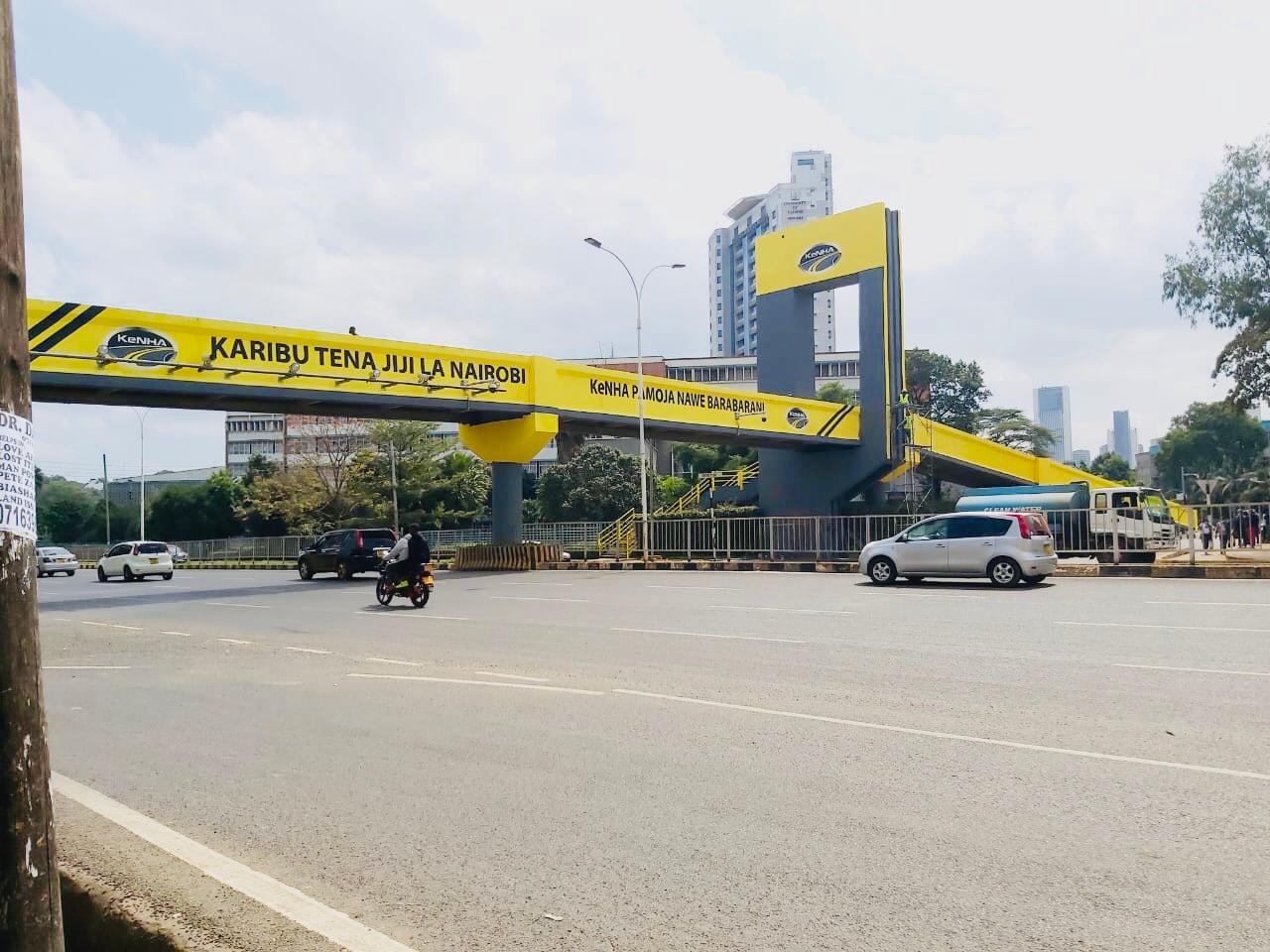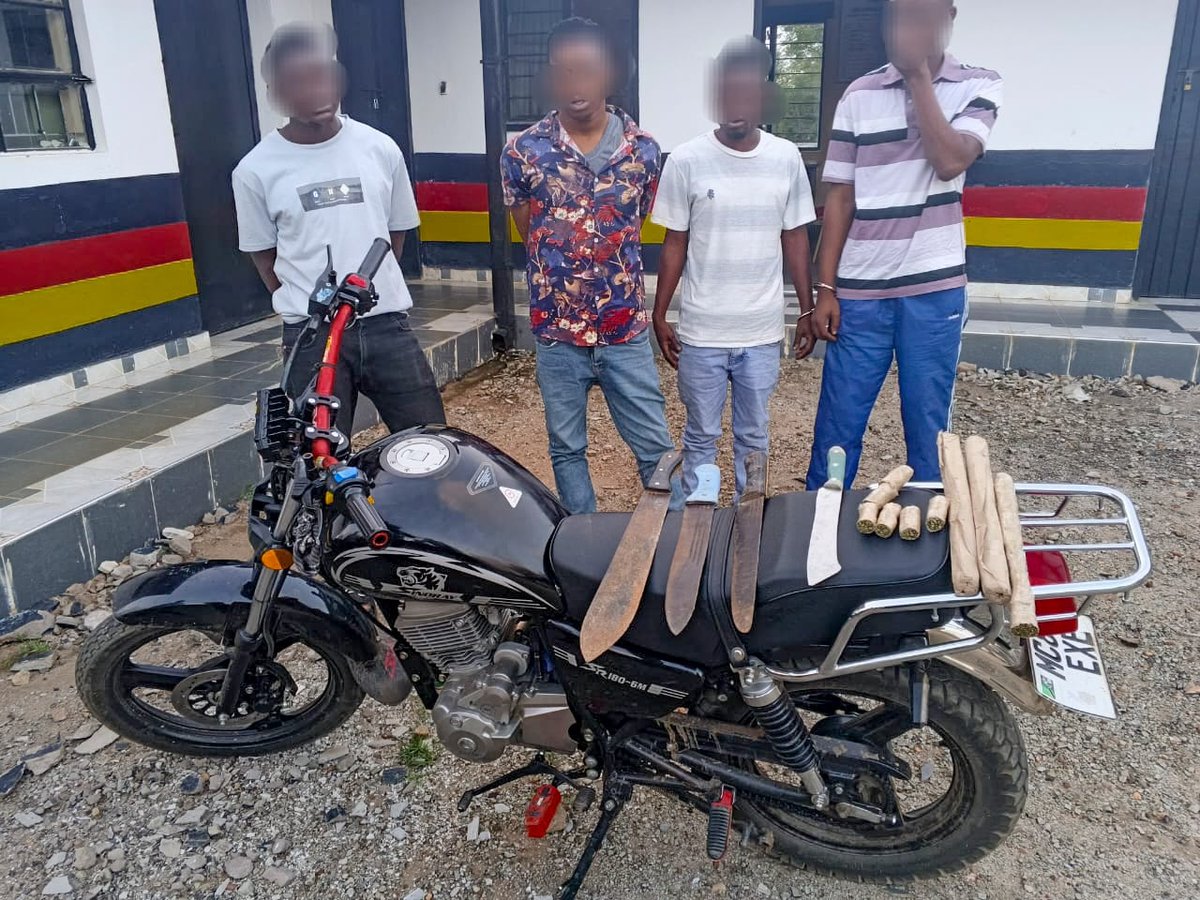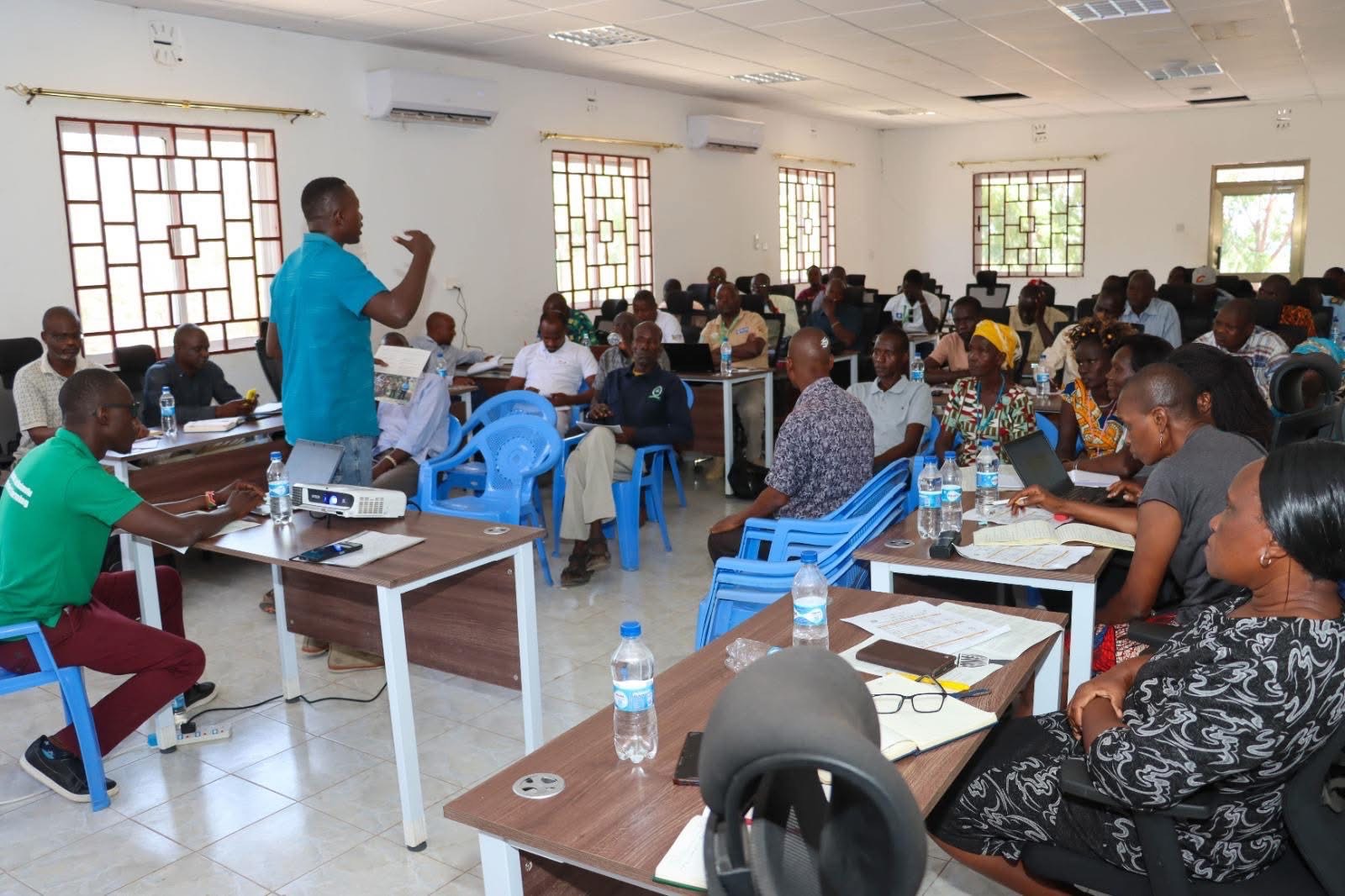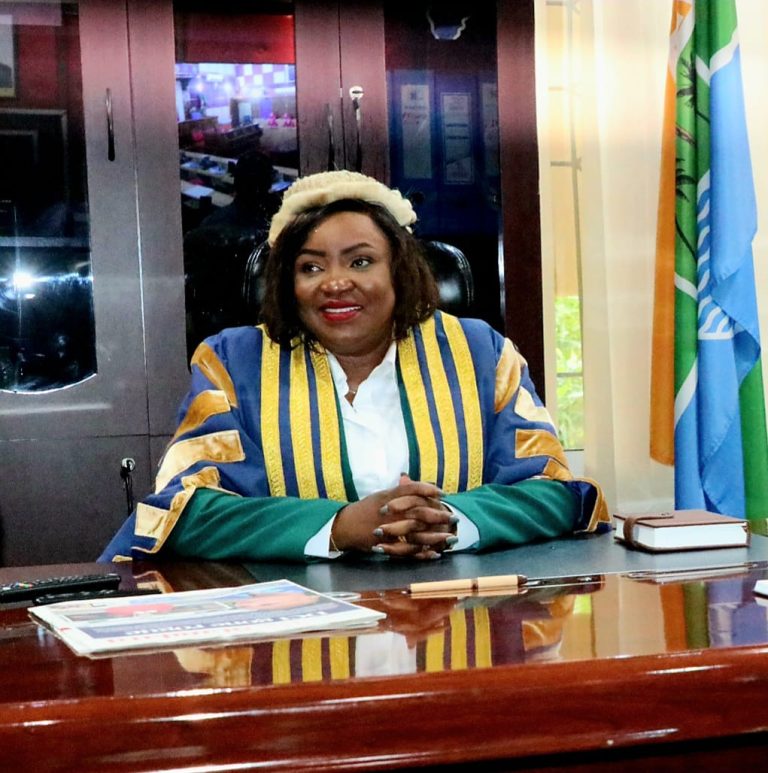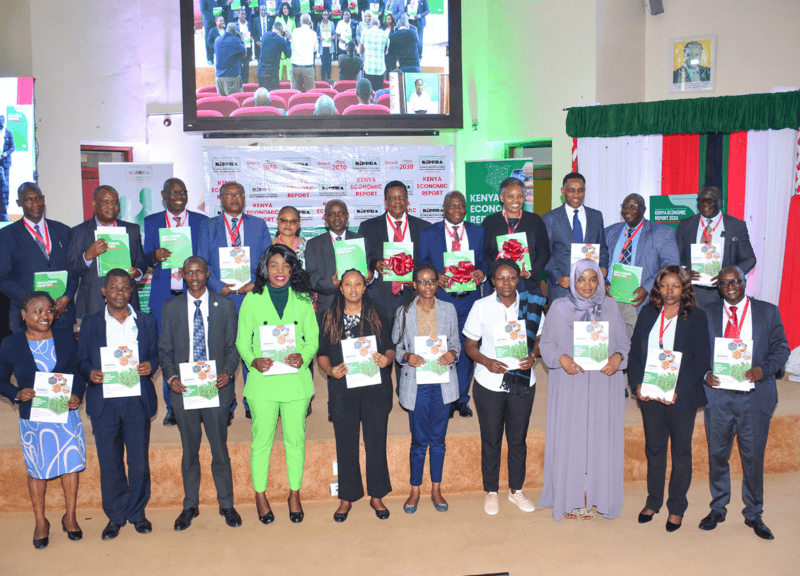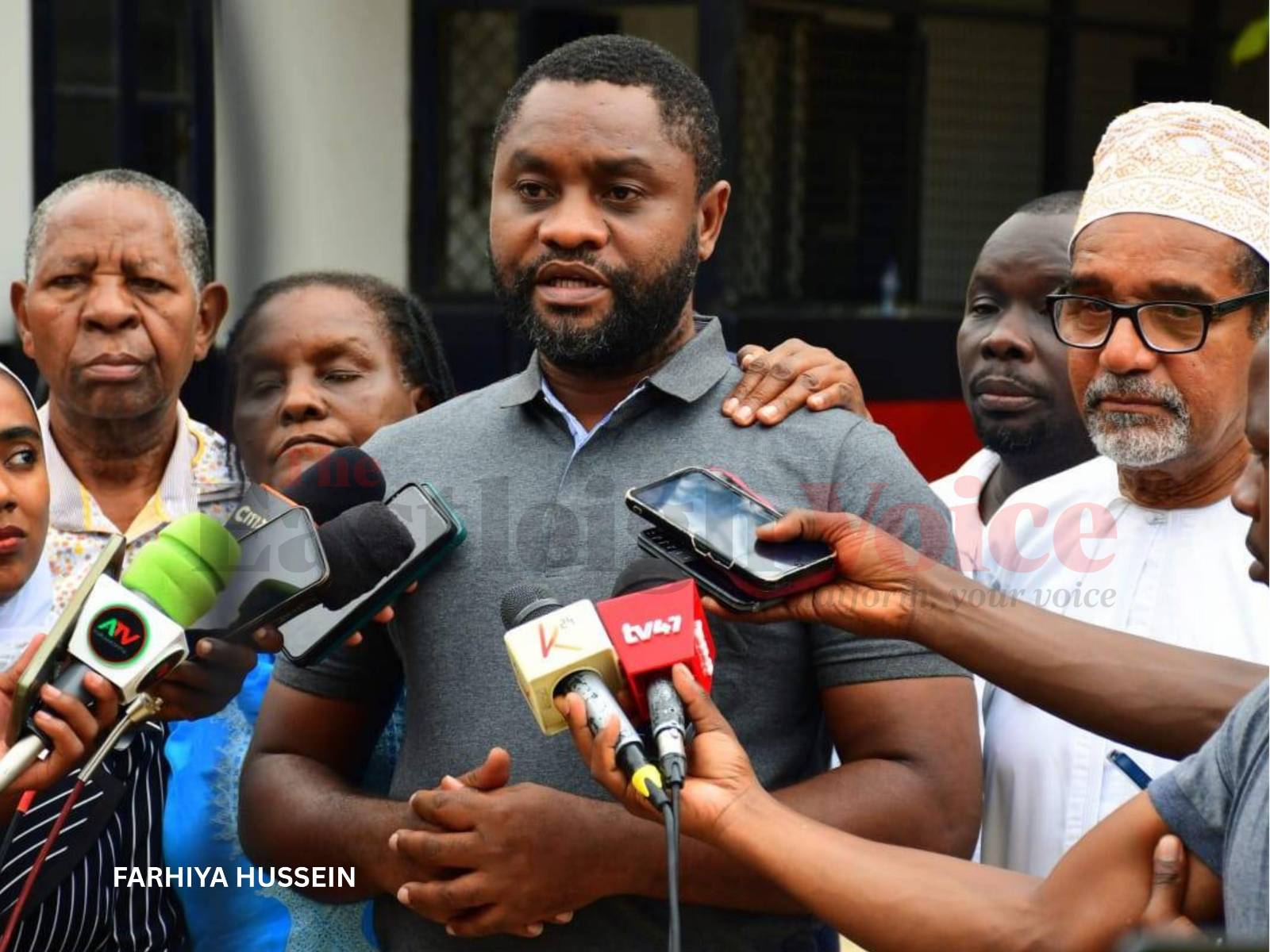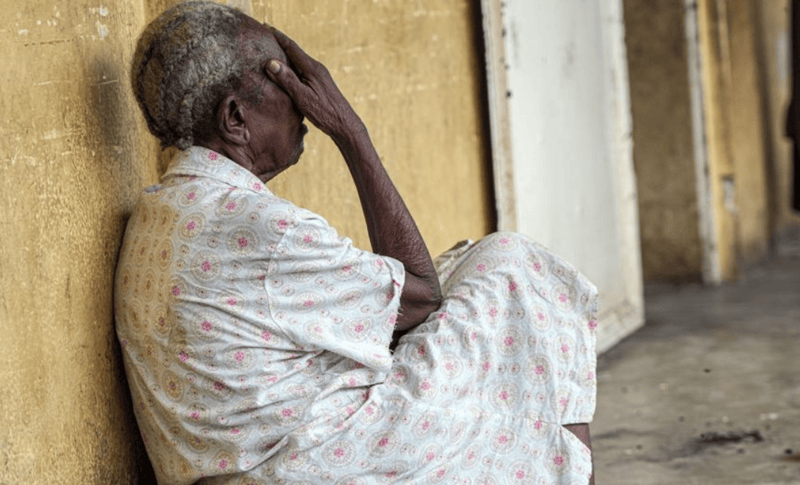Agnes Wanjiru's murder: Justice still elusive as Kenya grapples with legal, diplomatic quagmire

While the UK allowed a Kenyan multi-agency team to travel and interrogate the suspect, the outcome of that mission has never been made public by Kenyan authorities—further frustrating Wanjiru’s family and human rights campaigners.
More than a decade after a British soldier allegedly murdered Agnes Wanjiru in Nanyuki, Kenya’s justice system remains silent, entangled in legal loopholes and diplomatic hesitation—despite mounting pressure for accountability.
The Director of Public Prosecutions (DPP) confirmed this week that investigations into the case have been concluded and that a police inquiry file has been submitted for legal review.
More To Read
- Julia Wangui's death: Family rejects post-mortem findings, accuses state of cover-up
- Grief and anger as form three student killed during Saba Saba protests laid to rest
- Protests over Julia Njoki’s alleged torture, death in custody grind Nanyuki town to a halt
- Two years later, BATUK probe stalls as Kenyan delegation remains silent during UK visit
- MPs demand British military to face probe over rights abuses
- UK soldier questioned in Kenya over rape allegation near BATUK camp in Nanyuki
However, for those close to the case, this marks little more than a procedural milestone in a long and uncertain road to justice.
“This note from the DPP suggests a semblance of progress, but we are far from justice,” said a senior Kenyan diplomat familiar with the case.
The diplomat explained that jurisdiction remains the thorniest issue, compounded by what they described as a “flawed defence agreement” between Kenya and the United Kingdom.
This agreement, which permits British military training in Kenya, appears to shield UK soldiers from prosecution under Kenyan law.
“The crime was committed by a soldier who is virtually immune from prosecution in Kenya because of a flawed defence agreement that seems to provide blanket cover for British soldiers training in Kenya,” the diplomat said.
Suspect's interrogation
While the UK allowed a Kenyan multi-agency team to travel and interrogate the suspect, the outcome of that mission has never been made public by Kenyan authorities—further frustrating Wanjiru’s family and human rights campaigners.
“The DCI has said nothing about whether they were able to interrogate the suspect in the UK, or whether the British government would be open to transferring the suspect to Kenya to stand trial,” the diplomat added.
The issue of extradition looms large. For the soldier to face trial in Kenya, the UK would need to agree to extradition—a rare occurrence, particularly in military cases.
Despite the gravity of the matter, the Kenyan government has yet to formally request extradition or renegotiate the defence cooperation framework.
“There are many technical arguments to be made, but ultimately, it would surprise everyone if the UK allowed one of its citizens to be tried abroad,” the source said.
As legal and diplomatic avenues narrow, some suggest that pursuing a civil case for compensation may be more practical.
“A civil case seeking some form of compensation would stand a greater chance of success,” the diplomat concluded.
British soldiers' training
Britain pays Kenya around $400,000 a year to allow its soldiers to train in the country—mostly in the expansive wildlife conservancies in the Laikipia and Samburu counties.
Kenya renewed the defence pact in 2021 despite strong local opposition.
The British Army Training Unit Kenya (BATUK) has a permanent training base in Nanyuki, south of the conservancies, with 100 full-time staff.
Agnes Wanjiru was killed in 2012, and her mutilated body was found in a hotel septic tank near BATUK’s permanent garrison in Nanyuki, a town in Laikipia County.
The 21-year-old had been missing for several weeks after reportedly spending a night out with British soldiers.
The case continues to attract international attention—not only as a test of Kenya’s commitment to protecting its citizens but also as a measure of its ability to balance foreign relations with justice at home.
Yet for the family of Agnes Wanjiru, justice delayed continues to feel like justice denied.
Top Stories Today
